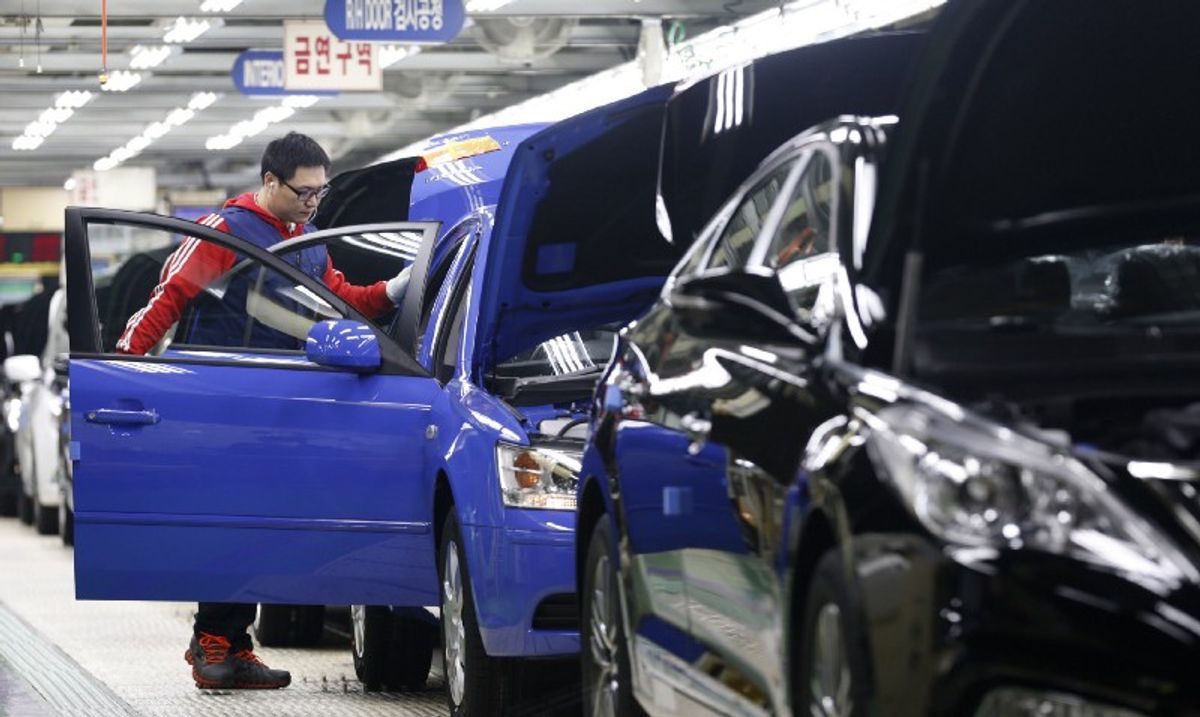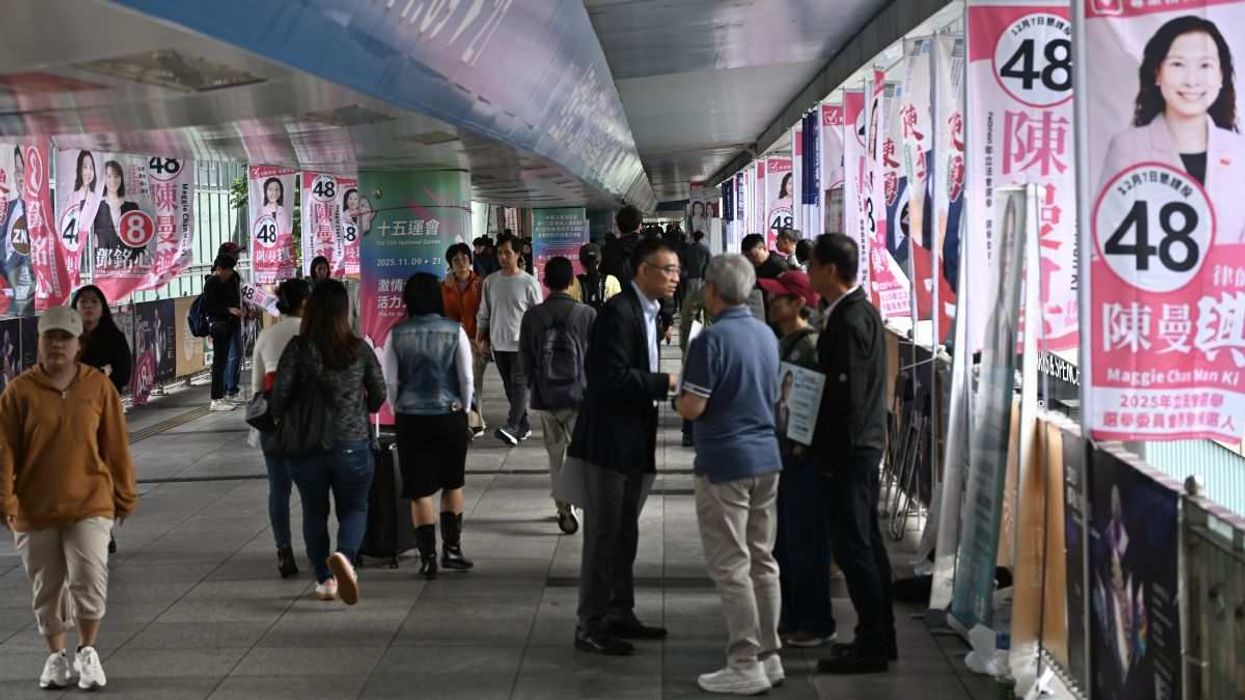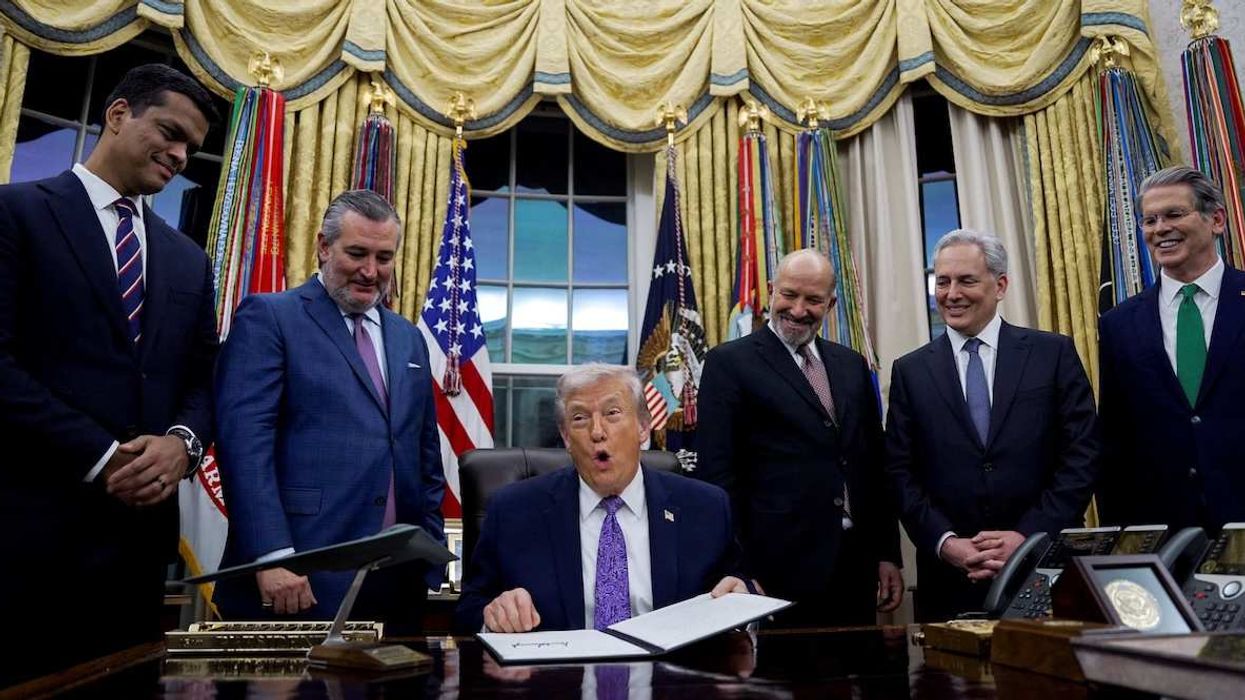The Trump administration delivered its first major achievement on the trade front last week — reaching a preliminary agreement with South Korea to renegotiate portions of the KORUS free trade deal in return for granting it exemptions to new US steel tariffs. Fellow Signalista @gflipton assesses how big a win this actually was, or wasn’t.
On the economic front, the revisions make only a Kafkaesque contribution to President Trump’s stated goal of reducing America’s bilateral trade deficit with Korea, which is concentrated almost entirely in the auto sector. The agreement loosens Korean regulations on US exports that don’t currently apply and extends US tariffs on vehicles that Korea doesn’t currently make. The changes could certainly affect future investment decisions by Korean and US firms, but it would take a lot to change South Koreans’ strong preference for German and Japanese cars.
On the domestic political front, however, Trump can claim that he’s delivered on his core campaign promise to renegotiate the “terrible, no good, very bad” trade deals of his predecessors and use the renegotiation to shore up support among the blue-collar base that carried him to the White House. He can even present the 30% reduction in Korean steel exports as a win to steel country, though early indications on the success of this strategy are mixed. Keep an eye on auto country in November.
On the international front, Trump has shown that by playing a tough, zero-sum game he can extract defined economic concessions from allies. That said, KORUS was a comparatively simple renegotiation, affecting a small number of sectors with clear objectives. What’s more, Seoul and Washington had a mutual incentive to reach a deal ahead of the upcoming summits that each will hold with Pyongyang.
Other pending US trade negotiations — most importantly, with Mexico and Canada on NAFTA and with China — will be much more complex, involving much larger players with stronger cards of their own to play. KORUS went well enough, but can Trump demonstrate a similar Art of the Deal on those much larger canvasses?



















